Private Investment
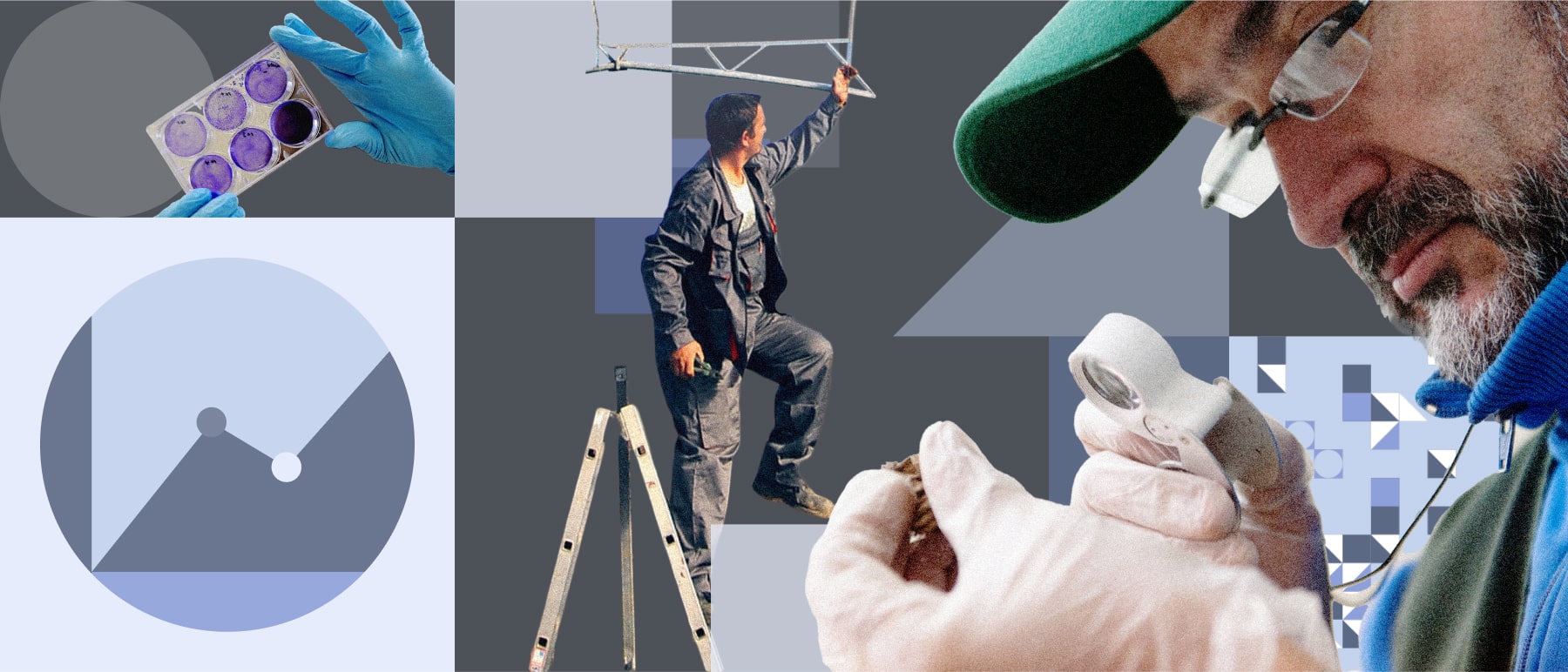
Transforming the world’s agrifood systems to be greener, fairer and more resilient calls for billions of dollars in new investments. Public funding alone is not enough. That is why the FAO Investment Centre works with governments and public and private partners to create the enabling conditions that attract greater and more responsible private investment in the agrifood sector.
Most of the Centre’s private sector work is carried out through its partnership with the European Bank for Reconstruction and Development, helping to make agribusiness development in the Bank’s countries of operation more sustainable, inclusive and efficient. That includes advisory services such as identifying investment opportunities; facilitating public-private policy dialogues; promoting greener agrifood systems; developing food safety and quality standards and sustainable agritourism; supporting investment in digital solutions; and diversifying exports.
Initiatives
Latest stories
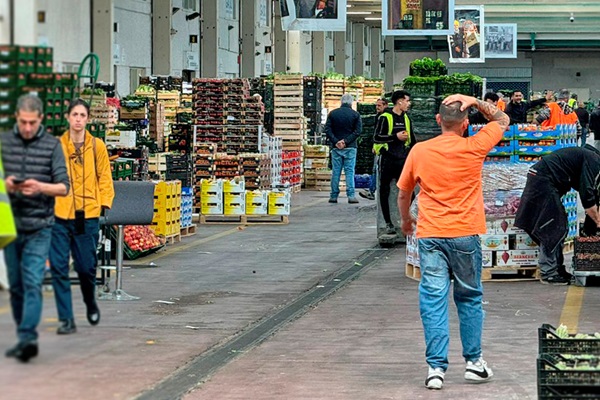
Finding new inspiration for the Modernization of Urban Agrilogistics in Morocco, Egypt, Jordan, and Tunisia
17/07/2024
A Moroccan delegation visited wholesale food markets in Bologna and Rome during a study tour in May 2024. The tour was part of a four-country initiative...
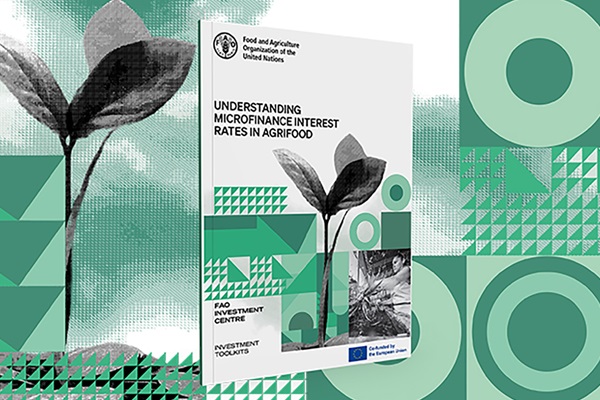
Investment Toolkits
New toolkit shows how to empower smallholders through transparent microfinance practices
16/07/2024
Interest rates have been a contentious issue in microfinance for many years. While higher interest rates for microloans are often justified by the underlying...
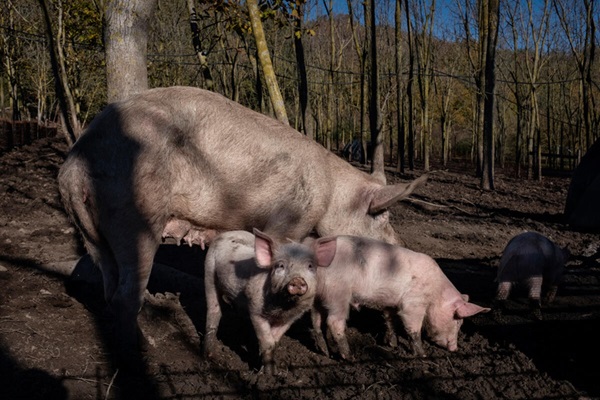
Romanian and Moldovan veterinarians attend virtual training to improve control of African Swine Fever
12/06/2024
Around 400 veterinarians are preparing to help stem the spread of a transboundary disease that is putting livelihoods, food security, and populations...

Morocco prepares to demonstrate best practices adopted by its agrifood sector
06/06/2024
Agrifood enterprise representatives met in Agadir on 4-6 June for an information and consultation session on adopting social and environmental standards...
Latest publications
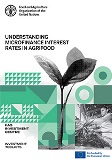
Understanding microfinance interest rates in agrifood
07/2024
Interest rates have been a contentious issue in microfinance for many years. While higher interest rates for microloans are often justified by the underlying costs of making small loans in rural areas, this is not always the case.
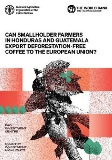
Can smallholder farmers in Honduras and Guatemala export deforestation-free coffee to the European Union?
05/2024
The new EU Regulation for Deforestation-Free Imports (EUDR) stipulates that by 2025, certain commodities may only be imported to the European Union if it can be proven that they have been produced on land that has not been subjected to deforestation or forest degradation. One of these commodities – coffee – is a source of income for farmers in Guatemala and Honduras, representing 14 percent and 52 percent of these countries’ agrifood exports respectively.
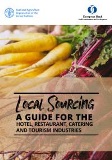
Local sourcing - A guide for the hotel, restaurant, catering and tourism industries
05/2023
Local food sourcing strengthens links between HoReCa tourist businesses and farmers. It makes for a better guest experience, improves sustainability, gives local suppliers greater market access and creates business and employment opportunities in rural areas. It also promotes biodiversity, preserves traditional food production methods, reduces food waste and brings tourism revenue to more diverse rural areas.
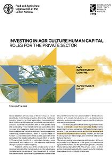
Investing in agriculture human capital - Roles for the private sector
04/2023
The objective of this brief is to assess the role of the private sector in developing human capital among smallholders....
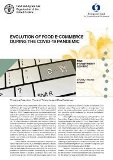
Evolution of food e-commerce during the COVID-19 pandemic
03/2023
This investment brief, prepared by FAO and commissioned by the European Bank for Reconstruction and Development (EBRD) hones in on...

